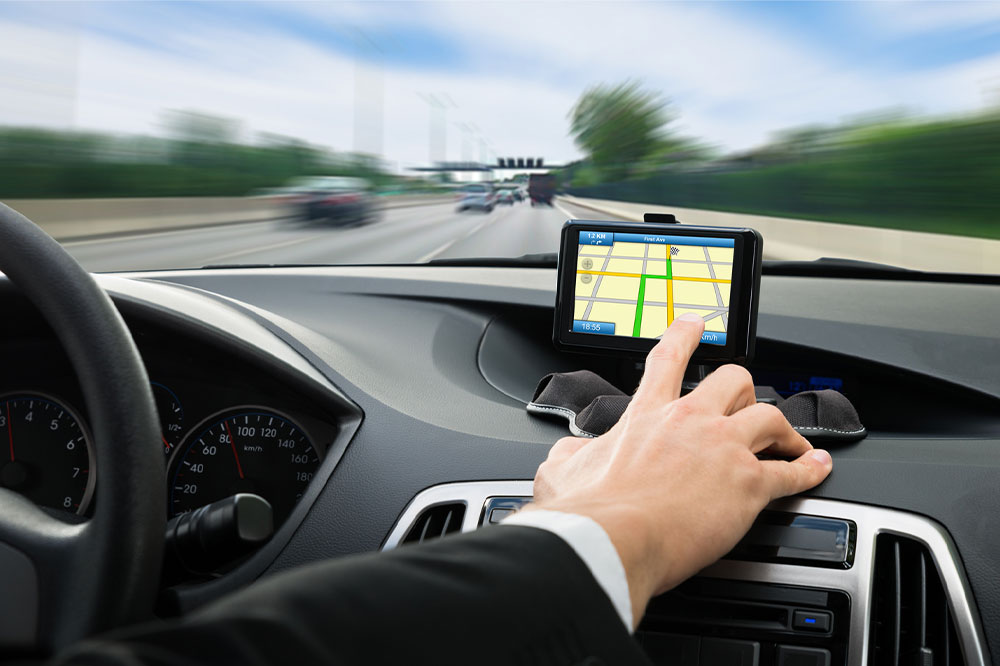Expanding Horizons: GPS in Maritime, Surveying, and Transportation Industries
This article explores GPS applications across industries such as surveying, maritime navigation, aviation, and fleet management. It highlights how GPS enhances accuracy, reduces costs, and improves safety, transforming various sectors with innovative solutions. Integration with emerging technologies promises further advancements, making GPS indispensable for modern industry operations.
Sponsored

Integrating GPS with other information technology innovations unlocks a vast array of possibilities limited only by creativity. The initial civilian use of GPS was by surveying agencies, due to its immense benefits. Recognizing its value, the US government authorized broader civilian access to GPS data, transforming numerous industries.
GPS-enabled devices revolutionized civilian applications, supporting various sectors. Below are some prominent ways GPS technology is utilized today.
Land and Water Surveying
Traditional surveying involved carrying bulky equipment and establishing fixed reference points, a challenge over water bodies or remote terrains. GPS simplifies this by offering space-based, highly accurate location data, reducing equipment, manpower, costs, and time. Cartographers now achieve higher precision, enabling better alignment for tunnel construction and mapping.
Maritime Navigation
Navigation at sea faces visibility and weather hurdles. GPS provides precise positioning regardless of weather, enhancing safety and efficiency in open waters.
Aviation Management
GPS improves air traffic control by offering real-time, accurate aircraft position data under all weather conditions. Airport location data improves flight routing, cutting flight durations and costs.
Fleet Management
The trucking and logistics sectors benefit immensely from GPS tracking. Operators can monitor real-time vehicle locations, estimate arrival times, and analyze stop durations and fuel levels. This data boosts operational efficiency, punctuality, and vehicle turnover.
Overall, GPS technology continues to significantly impact society by enhancing accuracy, safety, and efficiency across multiple industries. The combination of GPS with emerging IT solutions promises even broader innovations in the future.





